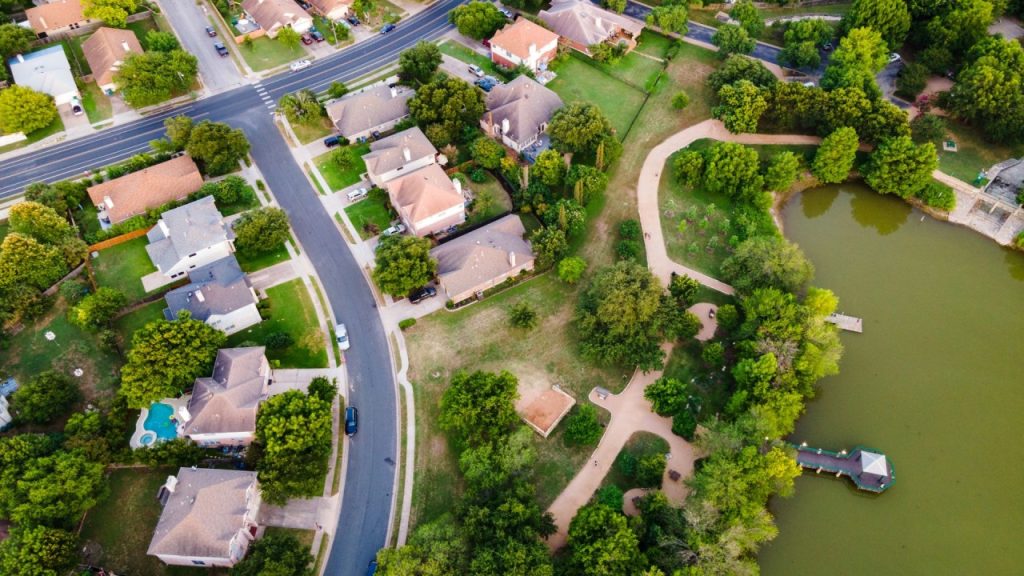Introduction:
In the ever-evolving tapestry of our communities, real estate stands as a tangible cornerstone that shapes the way we live, work, and invest. The dynamics of the real estate market are influenced by a multitude of factors, from economic trends and technological innovations to societal shifts and environmental considerations. This article aims to explore the multifaceted world of real estate, delving into its various aspects, trends, and the pivotal role it plays in both personal lives and global economies.
Body:
Residential Real Estate: Homes as Sanctuaries: At the core of real estate lies residential properties, each one representing a place of sanctuary, aspiration, and personal identity. The trends in residential real estate are often closely linked to lifestyle changes and demographic shifts. In recent times, there has been a growing emphasis on sustainable living, smart homes, and community-oriented developments. The desire for energy-efficient and technology-integrated living spaces reflects an evolving understanding of what constitutes an ideal home.
Commercial Real Estate: Catalysts of Economic Activity: On the economic front, commercial real estate emerges as a powerful force, influencing the pulse of business and industry. Office spaces, retail establishments, and industrial facilities are not merely physical structures; they are critical components of economic growth. The rise of remote work, fueled by technological advancements, has prompted a reassessment of office space needs, while the surge in e-commerce has led to increased demand for strategically located distribution centers.
Investment and Wealth Building: Real estate has long been considered a reliable avenue for investment and wealth creation. Owning property provides a sense of stability, and real estate investments offer potential financial gains. The trends in real estate investment are shaped by factors such as market conditions, interest rates, and geopolitical events. With the rise of socially responsible investing, investors are increasingly considering the environmental, social, and governance (ESG) aspects of real estate projects.
PropTech Revolution: The integration of technology into real estate processes, often referred to as PropTech, is transforming the industry. Virtual property tours, online transactions, and blockchain-based transactions are streamlining and enhancing the efficiency of real estate operations. Smart home technologies, Internet of Things (IoT) devices, and data analytics are influencing property management, making homes more connected and energy-efficient.
Challenges and Opportunities: Real estate, like any dynamic sector, faces its share of challenges and opportunities. Market fluctuations, regulatory changes, and global events can impact property values and investment decisions. Climate change concerns are driving a shift towards eco-friendly and sustainable construction practices. These challenges, however, present opportunities for innovation, responsible development, and the creation of more resilient and environmentally conscious real estate projects.
Affordability and Inclusivity: One of the most pressing issues in the real estate landscape is housing affordability. As urbanization continues, the need for affordable housing becomes increasingly urgent. Real estate trends are leaning towards inclusive and affordable housing solutions, with innovative financing models, mixed-use developments, and community-focused designs aiming to address this challenge and create more accessible living spaces.
Conclusion:
In the grand tapestry of human experience, real estate emerges as a dynamic force, intertwining with economic, social, and technological threads. From the homes that shelter us to the commercial spaces that drive economies, real estate is a living, breathing entity that reflects the aspirations and necessities of individuals and societies.
As we navigate the complexities of the real estate landscape, it becomes clear that its influence extends far beyond mere transactions and property values. Real estate is about shaping the way we live and fostering environments that adapt to our evolving needs. Whether through sustainable practices, technological integration, or innovative solutions to affordability, the world of real estate is continually responding to the changing demands of a dynamic global landscape.

